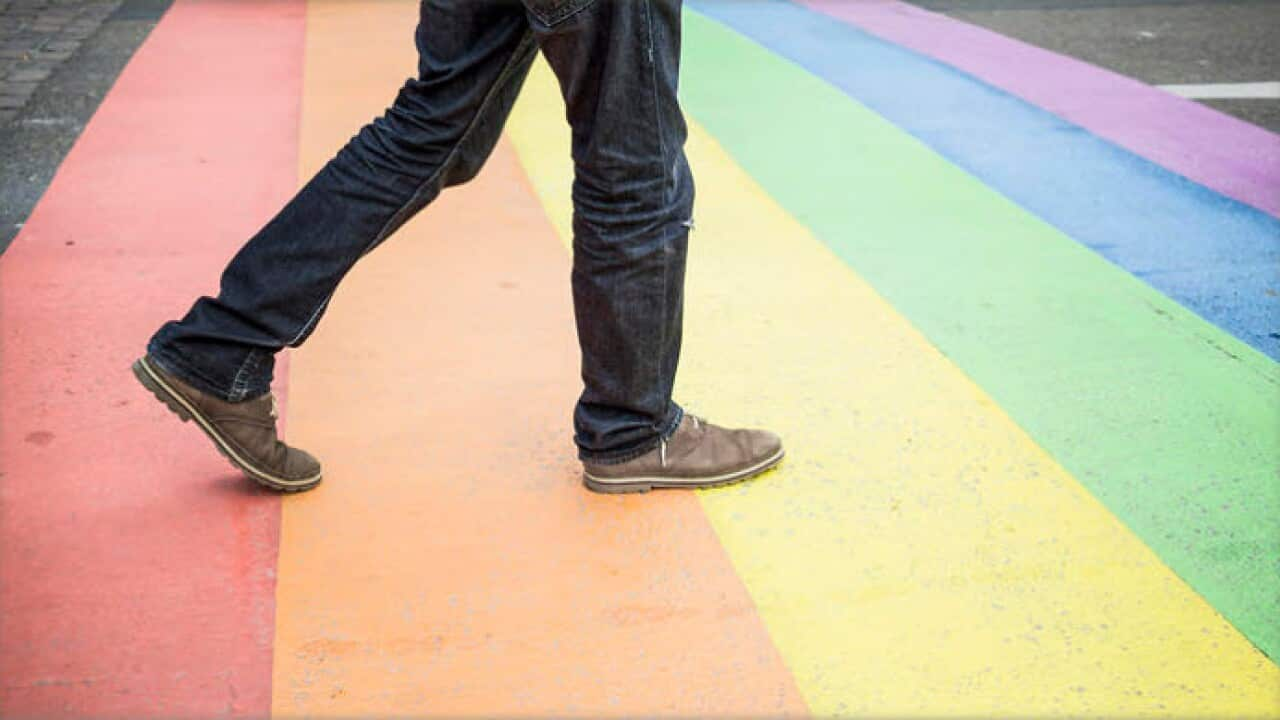Over the holiday break I read , Sarah Schulman’s book about the AIDS crisis. Part political treatise, part memoir, one thing really struck me about Schulman’s description of these times: the resilience of so many queer people in what was a very tough time.
As I've read about the AIDS crisis, I have increasingly come to the conclusion that this was a time defined by resilience. In the face of crisis, queers from all walks of life came together to support each other, to find new and creative ways to demand change, and most importantly, to assert our survival.
Looking forward to 2017, above anything else, I believe fostering this resilient attitude once again should be one of our most important objectives.
2016 was tough for many. The debate around the plebiscite was toxic. Cuts to Safe Schools represented the first real reversal of a queer program in many years. The tragic suicide of Tyrone Unsworth hit hard. It is clear many queers are struggling. In this time, , it would be valuable to look at our past resilience to help us move forward even stronger than ever.
For centuries queers have had to build strong and resilient communities in order to survive and thrive. Our capacity to recover quickly from hardship, and to use this hardship as a driving force for change, is often what has defined us.
Resilience in the face of police brutality is what led a diverse group of queers to stand up and riot in Stonewall in 1969, sparking a movement for liberation. Resilience is what led people to go back to Mardi Gras year after year despite the threat of police brutality, putting gay and lesbian rights firmly on the Australian agenda. Resilience in the face of mass deaths created community-based solutions for AIDS, eventually forcing Governments to take action.
Potentially more importantly than all of this, community resilience is what has led to the creation of our unique cultures. Facing ostracism and discrimination, queers have used that hardship to come together to create unique spaces in which we could thrive. This occurred in the early drag communities in Victorian England, in the sexology institutes in the early 20th Century in Europe, and in the bars, clubs and beats where queers met in the 1950s, 60s and beyond. It is this resilience that has allowed the camp, the butch, the drag queens and everyone in between to walk down the street confidently, despite the fear of violence, and to do so with pride.
Resilience in the face of adversity in many ways defines what it means to be queer. It has been the definition of much of our success.
In 2017, I believe one of the most important things we can do is ensure our communities are resilient in the face of new threats.
This means many things. First, and foremost, it means standing up for ourselves in the face of attacks, and doing so bravely. From the civil rights movement to the Stonewall Riots, social movements have thrived best by being forceful and demanding change no matter what—something we must learn from right now.
More importantly, resilience means investing in ourselves first. It means relying on our community, and not on the Government to solve things for us. This is what occurred in the AIDS crisis. A community of people came together to find and fight for a solution in spite of the lack of action at the top. This method seems particularly relevant once again as we face Governments We must create communities that can survive, thrive and fight, despite the homophobia and transphobia thrown at us.
For me this is a community that is inclusive of all, particularly those who are most vulnerable. It cherishes the power of those at the bottom, rather than placing all our faith in those in power. It is about creating a community that can support those who are most vulnerable so that the impacts of homophobia are not even felt.
We can learn a lot from the queer movements of years past. These were people who faced tests that were far more difficult than those we face today, and yet, at the same time, were in many ways more resilient in their response. Focusing once again on building a resilient queer community is essential to our survival.

